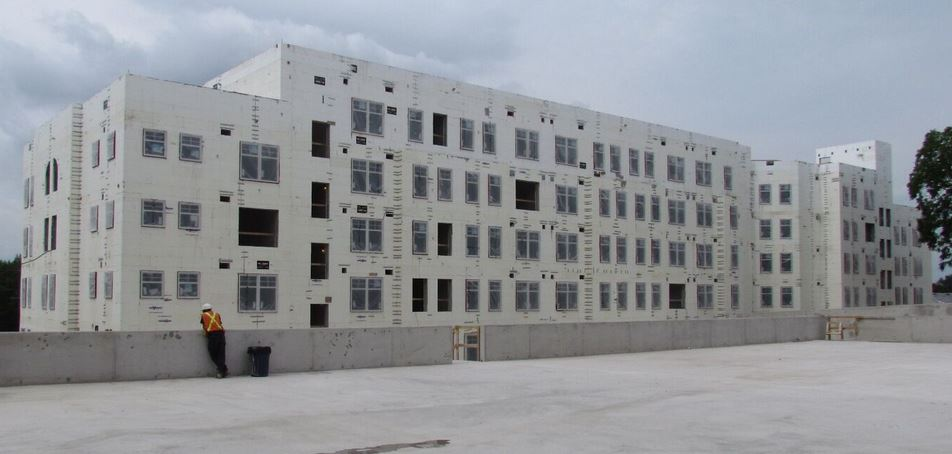
5 Common Misconceptions About ICF Construction
ICF construction creates modern structures that are energy-efficient, durable, disaster-resistant, and have good indoor environmental quality (IEQ). ICF construction is also strong, flexible, fast and easy to install. Unfortunately, even with these many benefits, some architects and contractors are reluctant to utilize it due to misconceptions about ICF construction.

Designing a Modern Home with Insulated Concrete Form Construction

Building a Tsunami-Proof House with Fox Blocks
Building a tsunami-proof house requires strategic planning and the use of specialized materials. Coastal homes face unique challenges that demand solutions capable of withstanding powerful waves and the debris they carry.

Build a Mold-Resistant Home That Protects from the Inside Out
Water doesn’t need a flood to cause damage — high humidity and poor ventilation are often enough to compromise a structure from within.

2 Story ICF Construction: An Ultimate Guide
Explore the benefits of 2 story ICF construction for energy-efficient, durable homes with Fox Blocks’ advanced Insulated Concrete Forms.

How to Build an Apartment Complex Faster (and Better)
The future of apartment building construction lies in leveraging innovative materials and processes to deliver better projects faster and more efficiently

Increasing Energy-Efficiency in Schools with ICF Construction

Why Real Estate Investors Should Rebuild with ICF Instead of Fix and Flip
Real estate investors can limit the financial risks of fix and flip construction by demolishing the old structures and rebuilding with insulated concrete forms (ICFs).

What is the Optimal Foundation Wall Thickness?
A concrete foundation wall’s thickness plays an integral role in its long-term strength and durability. Local building codes mandate the foundation specifications, addressing conditions that affect the foundation thickness.

What Climates Does ICF Work Best In?